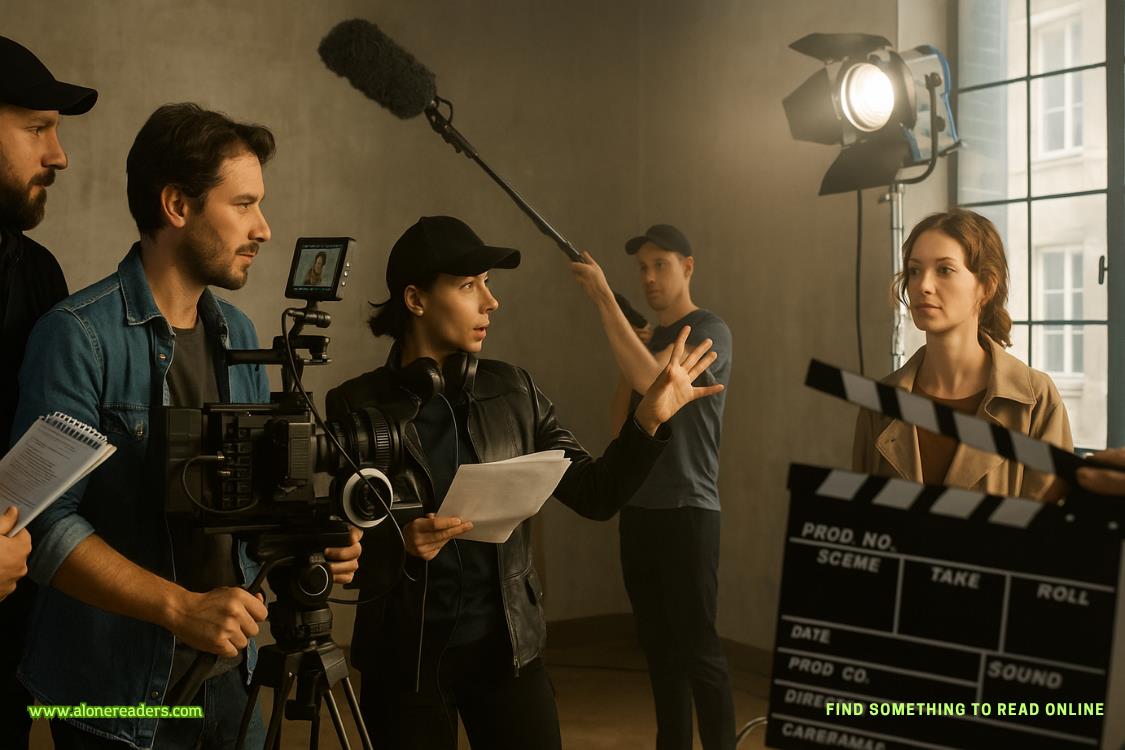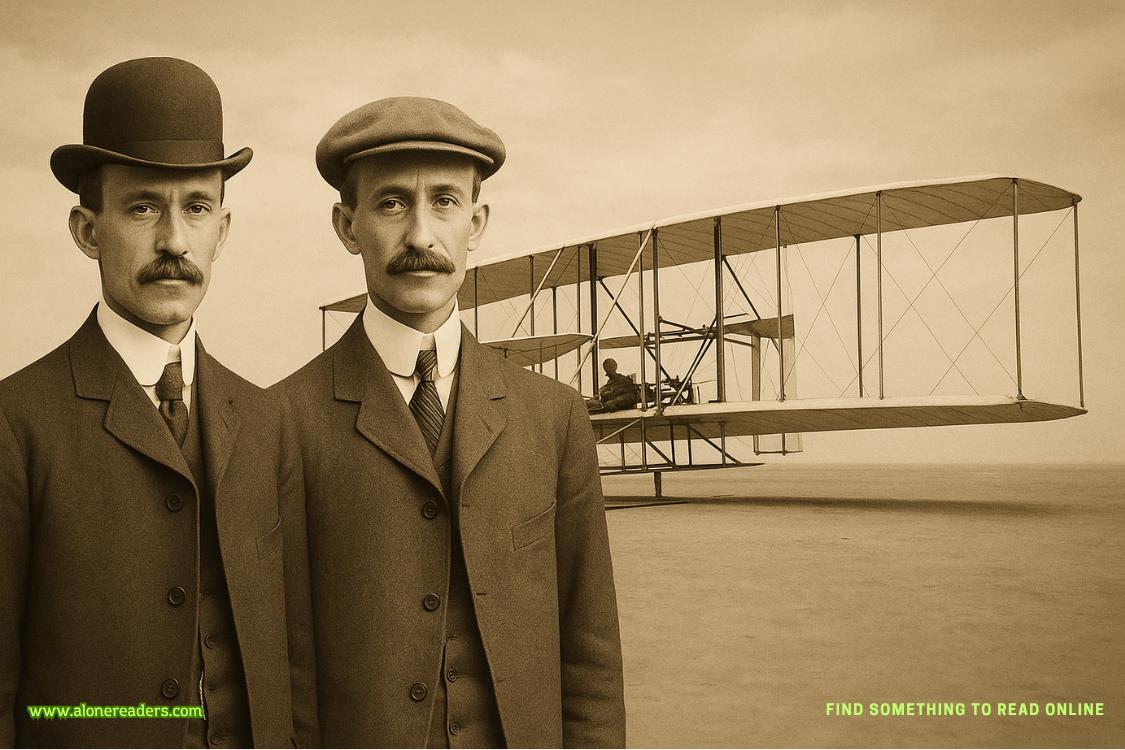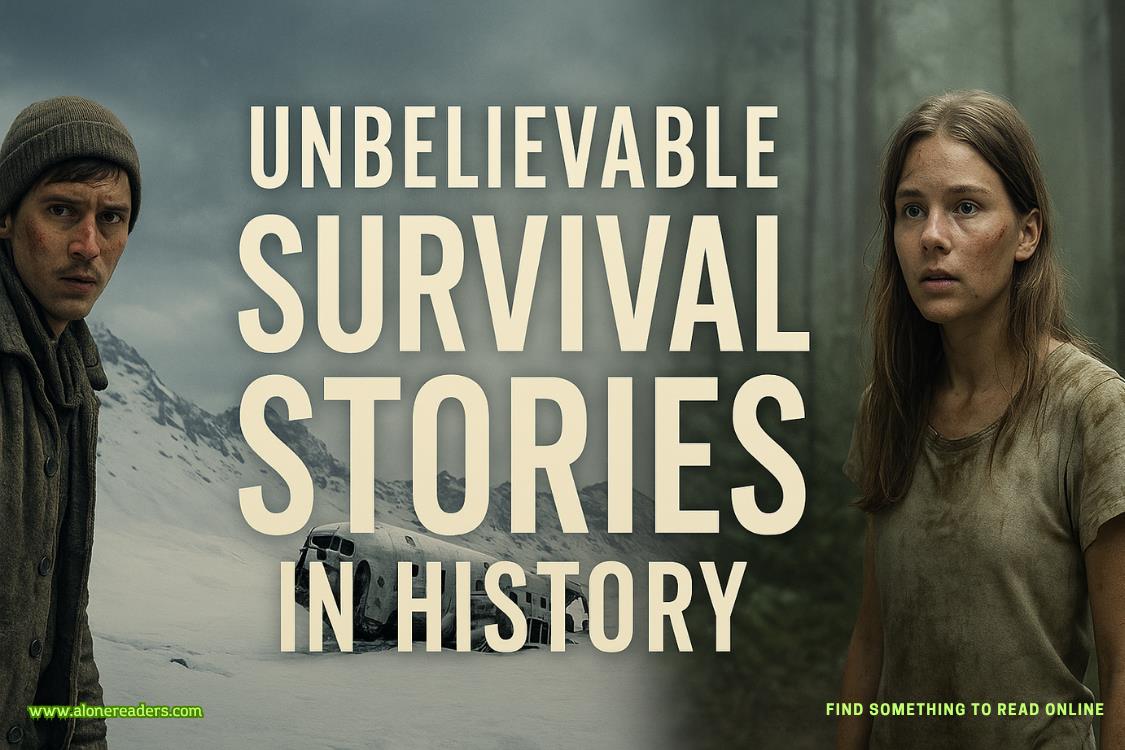“I want to talk to her,” Stilwell said.
“Impossible.”
“That could have been a recording and she could already be dead. I want to talk to her.”
“Fine.”
He heard rustling again and an off-phone instruction from Spivak: “Answer yes or no only. Say anything else and you get hurt.”
He returned to the phone.
“Okay, Detective, talk,” Spivak said. “You have ten seconds.”
“Tash, you okay?” he asked.
“Yes,” Tash said, her voice strained with fright.
“You trust me?” Stilwell asked.
“Yes,” she said.
“I’m going to get you home. I promise.”
“Yes,” she said.
Then it was Spivak back on the phone.
“The boat ramp,” he said. “If I don’t see you on the camera within an hour, she’s a goner, man.”
“I’ll be there,” Stilwell said.
The line went dead. Stilwell looked down at his phone, went to the Settings menu, and stopped sharing his location with Tash’s phone. He didn’t want Spivak to know when or how he would be coming for him.
34
THE SEAS WEREflat and the reflection of a crescent moon lit Stilwell’s path across the black water. It took him fifteen minutes on the Zodiac to get from the sheriff’s dock in the harbor to the point behind the desalination plant where Tash’s phone had last come up on the tracking app. He ran with no lights and throttled down when he cut in toward the plant from a thousand yards out. He raised binoculars to his eyes and searched the shore. The location he got from Tash’s phone would not be exact. He needed to find a target. But Spivak—and Tash—could be anywhere on the point.
The exterior of the plant was well lighted, and there were several small structures surrounding the large blue storage tanks and the forest of piping and filtration systems that delivered fresh water to them. Most of the sheds and trailers were dark, but behind the window of one small structure, he saw the bluish-white glow from an electronic screen. It was a metal-sided trailer that sat on five-foot stacks of cinder block, a hedge against flooding from the occasional king tide. Between these legs were sections of breakaway lattice. Stilwell counted six steps up to a landing. The front door had a small square window through which the glow was visible.Stilwell held the binoculars on the trailer for several seconds but saw no movement. He understood that it could simply be a computer left on after the day’s work stoppage, but most untended computers had timers that put their screens to sleep.
Stilwell decided that he needed to check out the trailer.
He was three hundred yards offshore now. He goosed the throttle to get some momentum and a few seconds later cut the engine for a silent approach. When the craft slowed a hundred yards out and started to drift, he dropped an anchor over the side, waited for it to catch, then cleated the line. He was wearing his dive team wet suit. He slung a waterproof backpack over his shoulders, pulled down the diving mask from his forehead, and slipped over the side of the craft into the cold, dark water. He felt the cold stab into his ears and chill his scalp. He kicked his legs and headed toward shore.
Ten minutes later he walked out of the surf and picked his way up the rocky shore toward the asphalt-paved apron surrounding the plant. There was no fence or other impediment to a waterside approach.
An old wooden equipment shed stood on the outer edge of the asphalt. Stilwell made it there first and used it as a blind to take a guarded look around its corner at the trailer he had been watching. Again, he saw no movement but decided it was still his target. He checked his watch. He had ten minutes left in the hour he had been given.
He slung the backpack to the ground and unzipped it. He removed his dive mask and stripped off the wet suit, leaving it on the ground like a snakeskin. From the backpack he pulled out black jeans, a shirt, and shoes and quickly dressed. He got out his phone and a folding knife and shoved them into his pockets, then took out his gun and tucked it under his belt at the back of his pants.
The target trailer was forty yards away across open asphalt. Stilwell moved to the other corner of the shed to see if he couldchart a path with less exposure. He saw that it was a much shorter run to the nearest water-storage tank and from there a quick run to the far end of the trailer.
Stilwell took a deep breath and took off for the water tank. He covered the ground quickly and, without breaking stride, followed the huge tank’s curving sidewall halfway around its circumference. He didn’t stop. He kept momentum and sprinted across the final ten yards to the end of the target trailer. He huddled against the latticework and waited, listening for the door opening or any other sign that he had been spotted.
All he heard were the waves hitting the rocky shore.
He looked through the latticework to try to see under the trailer, but it was too dark. He tugged at it and found it loose, the wood rotting from long-term exposure to the sea air.
He gripped the lattice with both hands, pulled a section of it loose, and carefully laid it down on the asphalt. Again he waited to see if his actions had drawn attention but heard only the sound of the waves. He peeked around the corner at the door to the trailer. It remained closed, the glow from the window steady.















